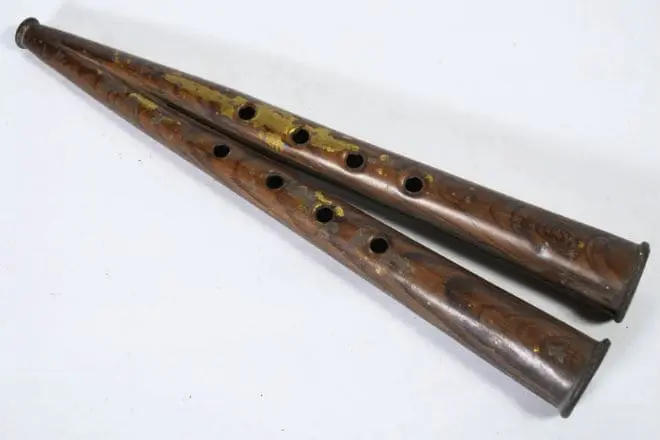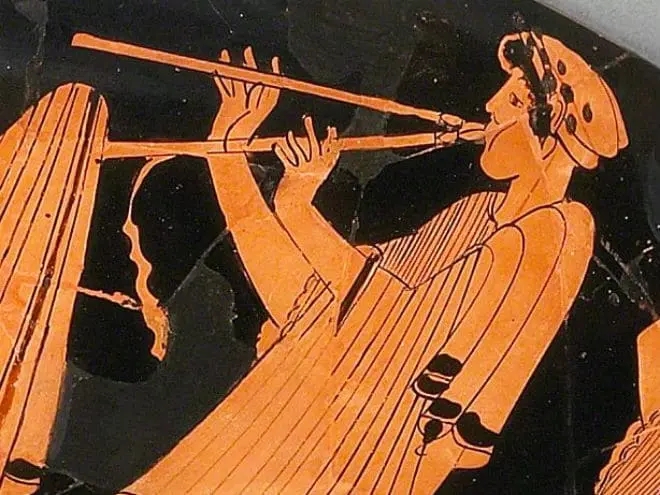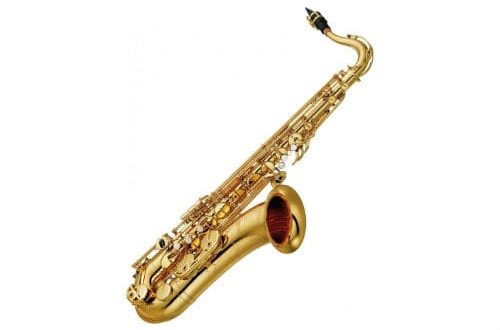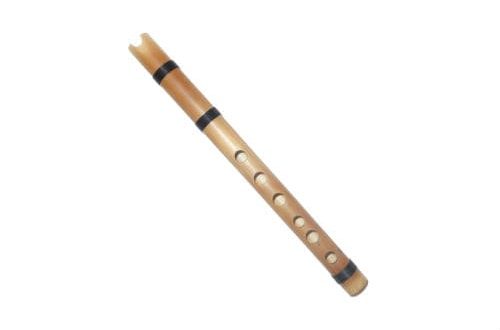
Avlos: what is it, the history of a musical instrument, mythology
The ancient Greeks gave the world the highest cultural values. Long before the advent of our era, beautiful poems, odes, and musical works were composed. Even then, the Greeks owned various musical instruments. One of them is Avlos.
What is avlos
Historical artifacts found during excavations have helped modern scientists get an idea of what the ancient Greek aulos, a wind musical instrument, looked like. It consisted of two flutes. There is evidence that it could be single-tube.

Pottery, shards, fragments of vases with images of musicians were found in the former territories of Greece, Asia Minor, and Rome. The tubes were drilled from 3 to 5 holes. The peculiarity of one of the flutes is a higher and shorter sound than the other.
Avlos is the progenitor of the modern oboe. In ancient Greece, getters were taught to play it. Avletics was considered a symbol of emotionality, eroticism.
History of the musical instrument
Scientists are still arguing about the history of the emergence of aulos. According to one version, it was invented by the Thracians. But the Thracian language is so lost that it is not possible to study it, to decipher rare copies of writing. Another proves that the Greeks borrowed it from musicians from Asia Minor. And yet, the oldest evidence of the existence of the tool, dating back to the 29th-28th centuries BC, was found in the Sumerian city of Ur and in the Egyptian pyramids. Then they spread throughout the Mediterranean.
For the ancient Greeks, it was an essential instrument for musical accompaniment at funeral rites, celebrations, theater performances, erotic orgies. It has reached our days in a reconstructed form. In the villages of the Balkan Peninsula, locals play the aulos, folk groups also use it at national music concerts.

Mythology
According to one of the myths, the creation of aulos belongs to the goddess Athena. Satisfied with her invention, she demonstrated the Play, puffing out her cheeks in a funny way. The surrounding people laughed at the goddess. She got angry and threw the invention away. The shepherd Marsyas picked him up, he managed to play so skillfully that he challenged Apollo, who was reputed to be a master of playing the cithara. Apollo set impossible conditions for playing the aulos – singing and making music at the same time. Marsyas lost and was executed.
The story of an object with a beautiful sound is told in various myths, in the works of ancient authors. Its sound is unique, the polyphony is mesmerizing. In modern music, there are no instruments of similar sound quality, to some extent the ancients managed to pass on the traditions of its creation, and the descendants preserved them for future generations.





